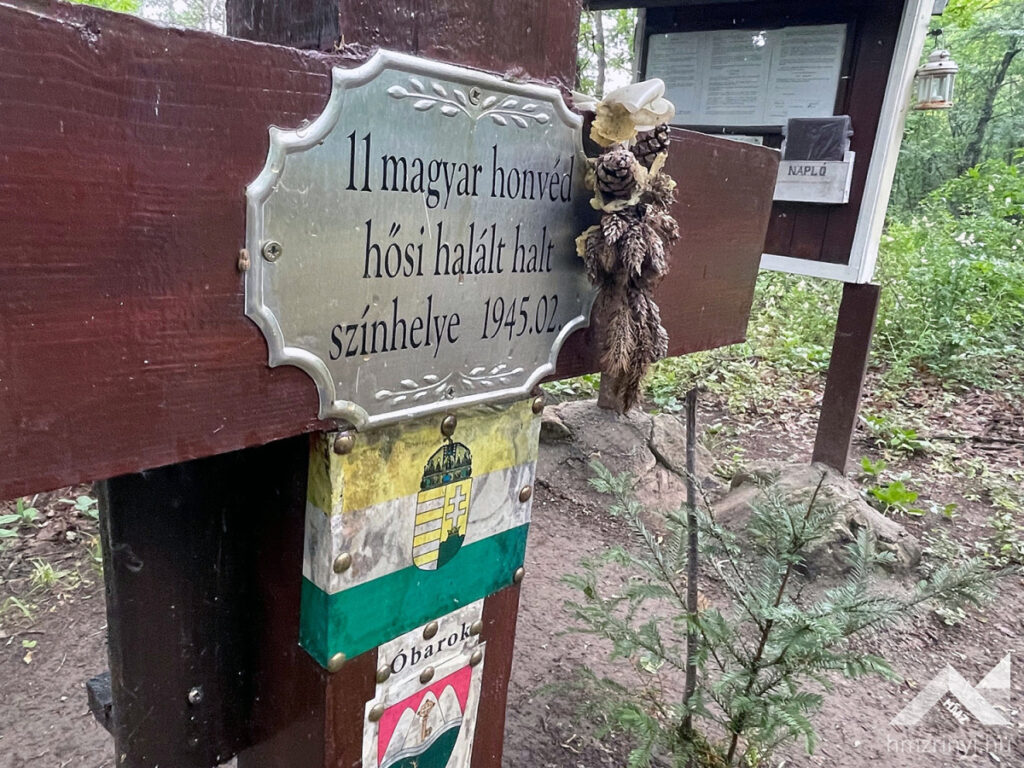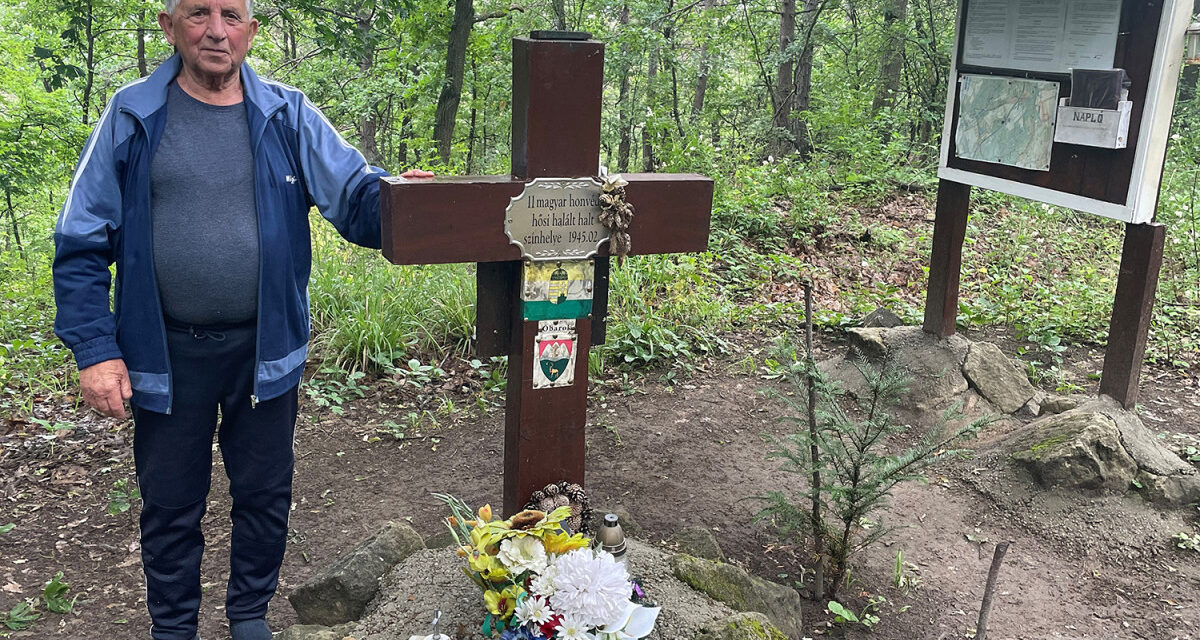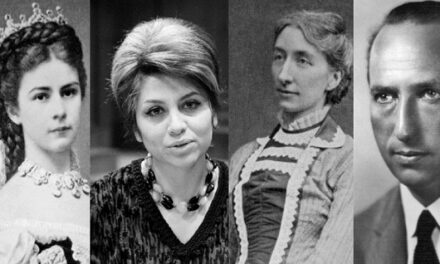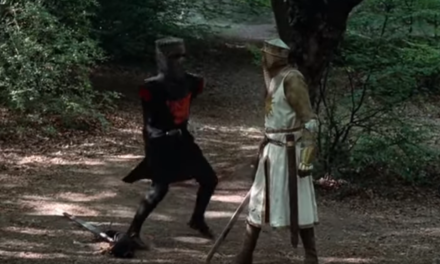A hidden small memorial preserves the memory of eleven Hungarian soldiers who died in the Second World War on the outskirts of Nagyegyháza. The 90-year-old uncle Feri, who lives in Tata, built and takes care of the cross to this day, who found the bodies of the 11 Hungarian soldiers as a child.
At the moment, no map indicates the Second World War memorial site that Ferenc Kovács, who was born in the Baroque period and lives in Tata, built and maintains to this day in the forest at the border of the village of Nagyegyháza in Fejér county. Honvedelem.hu reported on Uncle Feri's unusual story
The 90-year-old uncle Feri experienced the horrors of the Second World War here as a twelve-year-old boy. His memoirs were published in 2013, published by the municipality's municipality, "Old Bars. He also described it in detail in his book "Memories-Descriptions-Stories".
- Since no one has written anything about this village in recent decades, I decided to write down the history of the settlement as a retired person. I started the research work, which resulted in a book of nearly one hundred pages. When the material dealing with the history of the village from 1750 was ready for printing, I approached the mayor of the settlement at the time, who was happy to help with the publication. This is how a total of 650 copies were made
Uncle Feri said on the terrace of their house in Tata. The retired man is already working on a new manuscript, the several hundred-page draft will be an expanded version of the book from ten years ago. After the presentation of the first book in Óbarok, many people approached Bács Feri to ask why a memorial had not yet been built at the place where he found the Hungarian soldiers who died a heroic death. That's when he decided to build one himself.
– I put the cross together in my garden, and from there I took it to the site, where the memorial was built with the help of the municipality. I go out here a lot, beautify the environment, or just silently remember. But I also pick mushrooms here - he revealed.

Eternal memento - Photo: honvedelem.hu
But what happened there 78 years ago?
– I understood the war when I was 11-12 years old, which was a horror. From December 1944 to February 1945, the standing war completely crushed and destroyed the population of the village, both morally and financially. The German units kept the village under constant mortar fire, damaging or completely destroying many houses and buildings. The population only felt safe in the basement, but because of the bad food, life became more and more unbearable, Uncle Feri wrote in his book. Finally, by order of the Soviets, they had to leave the village at the end of February. One of the villagers, who did not want to go and ran back to his house, was shot dead.
Around March 10, everything quieted down, the people began to calm down, only a few Russian rearguards remained to ensure supplies. Uncle Feri then decided to go home to Óbarok.
"By the time we got home, everything had been looted, and we barely had any food left." We were very upset. What are we going to eat like this? How to survive the coming days. A few days later, word spread that there was still some wheat in the granaries of the Hoffmann estate in Kisménetegyháza. I set off with my mother and my cousin in a small car I made. To be safe, a few more people came with us, maybe a dozen of us in total. We took the shortest route, on the hilltop above the first fish pond. There was a bunker here, which was connected to the fishing pond by a running ditch. On the shore of the lake, on the dam, we saw a dead German and a dead Russian soldier. And in the bunker we found the bodies of eleven Hungarian soldiers shot to death. It was a horrible sight! The men searched all of them, but they didn't have any documents or death tags," Uncle Feri recalls. When he went there again three weeks later, with a third of himself, the bodies were no longer there. Later he heard that the Soviets had dug a pit at the base of the Baroque church and buried the dead there. Then, in the summer months, this grave was exhumed and the remains were transported to an unknown location. Of course, this is just hearsay, he hasn't known anything for sure about the bodies since then.
"This place is an eternal reminder." But by building it, maybe I'll leave something behind, and that's very important to me.
Source: kemma.hu
Cover image: "May the heroes rest in peace. The past must be preserved, cherished and learned from!" – Photo: honvedelem.hu













